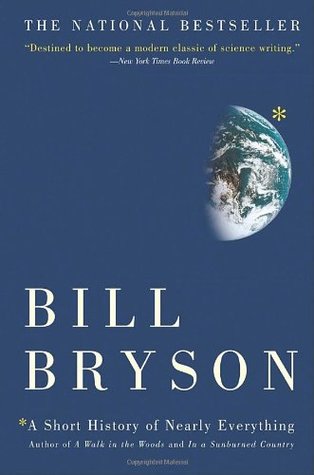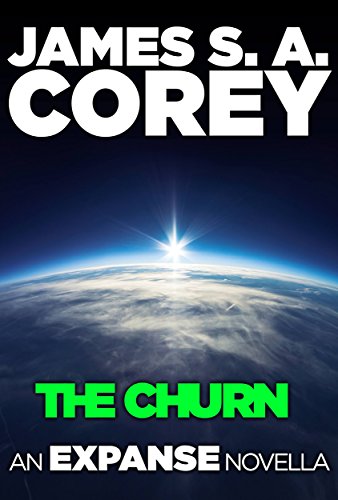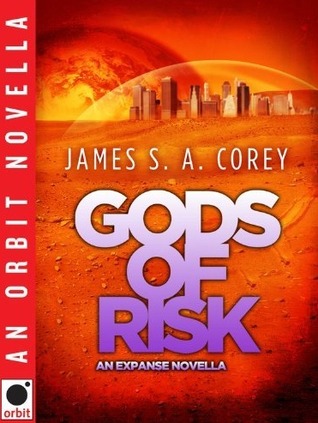Gods of Jade and Shadow, by Silvia Moreno-Garcia

The first 20% of Gods of Jade and Shadow has nothing to do with anything fantastic. Since I have a large collection of books and choosing which to read more or less at random, I was afraid that I chose one of those young girl coming of age stories, because basically the first fifth of the book is a Cinderella story. Nothing wrong with that, just I didn't feel like reading such a story then and I almost stopped reading it. But a few days later I kept going.
And the book picked up, with the introduction of Mayan gods, only that afterwards it all turned into one of the watered down episodes of American Gods from the TV show (not the book, which was great!). It's a big road trip, with enough information to basically know where the characters will end up and in what state they will get there. The only unknowns were the bits of Mayan mythology, which were nice, but not nearly comprehensive, and the final chapter. And the final chapter is full of symbolism, only I felt that it didn't have a lot to do with the rest of the book. Worse, a lot of the characters introduced in that first 20% were basically abandoned for the rest of the story. It was like Silvia Moreno-Garcia started to write something, then she thought of a cool ending and then she abruptly veered off and filled in the space to get to that ending.
Bottom line: it was decent writing and perhaps in a more receptive mood I would have "got it", but as it is, I didn't. It seemed an attempt for something that the book never got to be, instead I got something fractured that didn't feel neither original nor magical.













